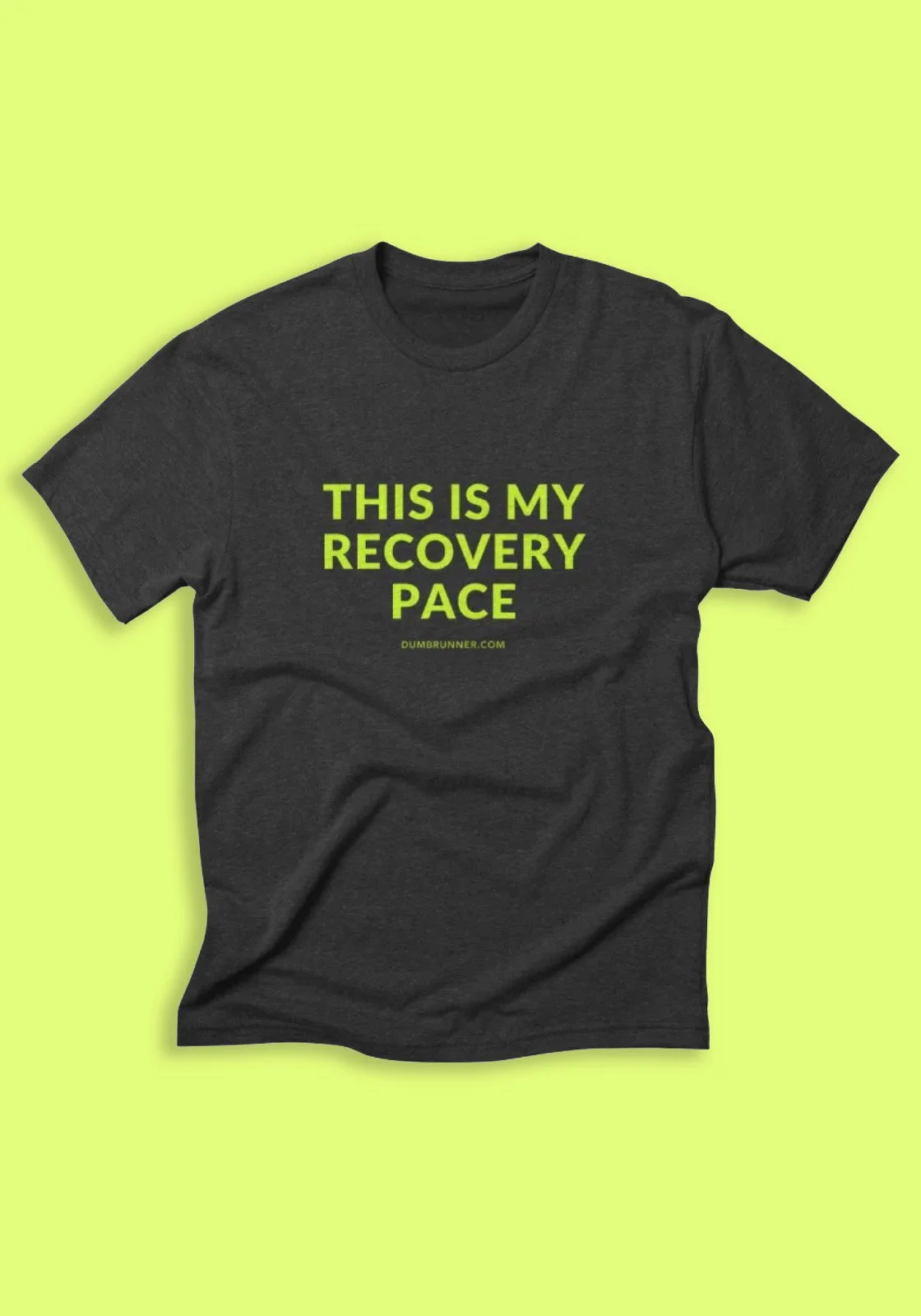Training for Runners: FAQ
/How does training work?
What am I, a scientist? I don't know. I just know it does. Something to do with tearing yourself down and building yourself back up. And probably capillaries and stuff. More specifically, training means that on some days you run long and slow (or moderately slow) to build endurance, on other days you run fast or hard to build speed or strength, and on the remaining days you run nice and easy, in order to recover from the other runs. As the great Jack Daniels says, when you're in training, every run should have a purpose. I interpret the word purpose there pretty liberally, by the way. As far as I'm concerned, "getting out of the damn house for an hour" is a perfectly fine purpose. So is "I need to clear my head." So is "I just feel like running."
Is rest considered part of training?
You bet your ass it is.
"MILO OF CROTON, ATTEMPTING TO TEST HIS STRENGTH, IS CAUGHT AND DEVOURED BY A LION," BY CHARLES MEYNIER. DON'T LET THIS HAPPEN TO YOU!
Would you agree that training's greatest benefits accrue incrementally, over long periods of time, and that runners therefore need to be patient?
I sure would. And thanks for that question, because it gives me an excuse to cite the ancient Greek wrestler Milo of Croton, pictured in agony at right, who reportedly grew strong enough to lift and carry a bull by "lifting and carrying a newborn calf and repeating the feat daily as it grew to maturity." I love that story, even if it's probably a load of bull.
The ancient Greeks were awesome.
Indeed.
Where can I find a training plan?
Training plans are a dime a dozen, and you can find them nearly everywhere. Even on the internet! Soon, I predict, we will start seeing them tucked under the windshield wipers of parked cars.
As with so many goods and services available today, the sheer number of training plans out there may leave you feeling overwhelmed to the point of paralysis. There are "beginner," "intermediate," and "advanced" plans, 5K plans, half-marathon plans, walk/run plans, couch-related plans, three-day-a-week marathon plans, course-specific plans, goal-time-specific plans, and on and on. It's bananas.
How do I choose the right training plan for me?
Listen closely, because Dumb Runner is going to let you in on a little secret: For most of you reading this, it doesn't matter which plan you choose. Stop agonizing. Just pick one.
There are caveats, of course. First and foremost, take an honest look at yourself – your current fitness, running history, overall health – and choose a plan that seems reasonable. If you're starting from zero, trying to follow a Break 3:00 Marathon Plan would be insane.
In essence: Use your head. Browse around, eyeball some training plans, and go for one that you feel is a good fit. You'll be fine.
I'm training for a half-marathon. Wouldn't following a full marathon plan get me in twice as good shape for it?
No. Stop trolling.
If I miss a day or more of running, should I pick up my plan where I left off? Or ease back into it?
That depends on (a.) how much time you took off, (b.) how far along you are in your plan, and (c.) how fit you were before you took the time off. The Dumb Runner rule of thumb is that if you're otherwise in good health and you miss one or two days of training, you're fine just writing those days off and jumping right back in. If you miss three days or more, ease back into things gradually. Again, use your head.
One note: It's never a good idea in these cases to try to make up for lost time – to take a week off and then, for instance, doubling your mileage once you're back in an effort to "catch up."
Should I run every day?
Some people do. I think that's nuts, unless you're an elite. In which case I can't believe you're wasting your time on a site called Dumb Runner.
Should I run fast all the time?
No! What's wrong with you?
Not even if I'm training for a race?
Especially not if you're training for a race! Most of your runs should feel relaxed and easy. "Quality" days, i.e. speed work and tempo runs, are for going fast and treading that line between discomfort and pain. Long runs can go one notch or so above "easy," but don't push it; the point of a long run is to practice running, you know, long. Not to improve your speed.
When should I stretch?
I recommend stretching in 1981. That was a terrific year for stretching. Also for fantastic hair and billowy purple "jogging suits." If that's not possible, Dumb Runner's advice on stretching is: Don't bother. There's no evidence that it does any good, regardless of when you do it. Your time is better spent watching old Simpsons re-runs, such as the one from Season 10 where Homer befriends Alec Baldwin and Kim Basinger, during which Homer leads Kim through some exercises:
Homer: And stretch. And strain. And hy-per-extend. Keep those knees rigid! Jerk that lower back!
Kim Basinger: I'm getting some shooting pains in my neck...
Homer: That's right, force it. Whip that neck!
Do you have a question about training that's not addressed on this page? Ask it on our Submit a Question page and we'll do our best to help you out.



